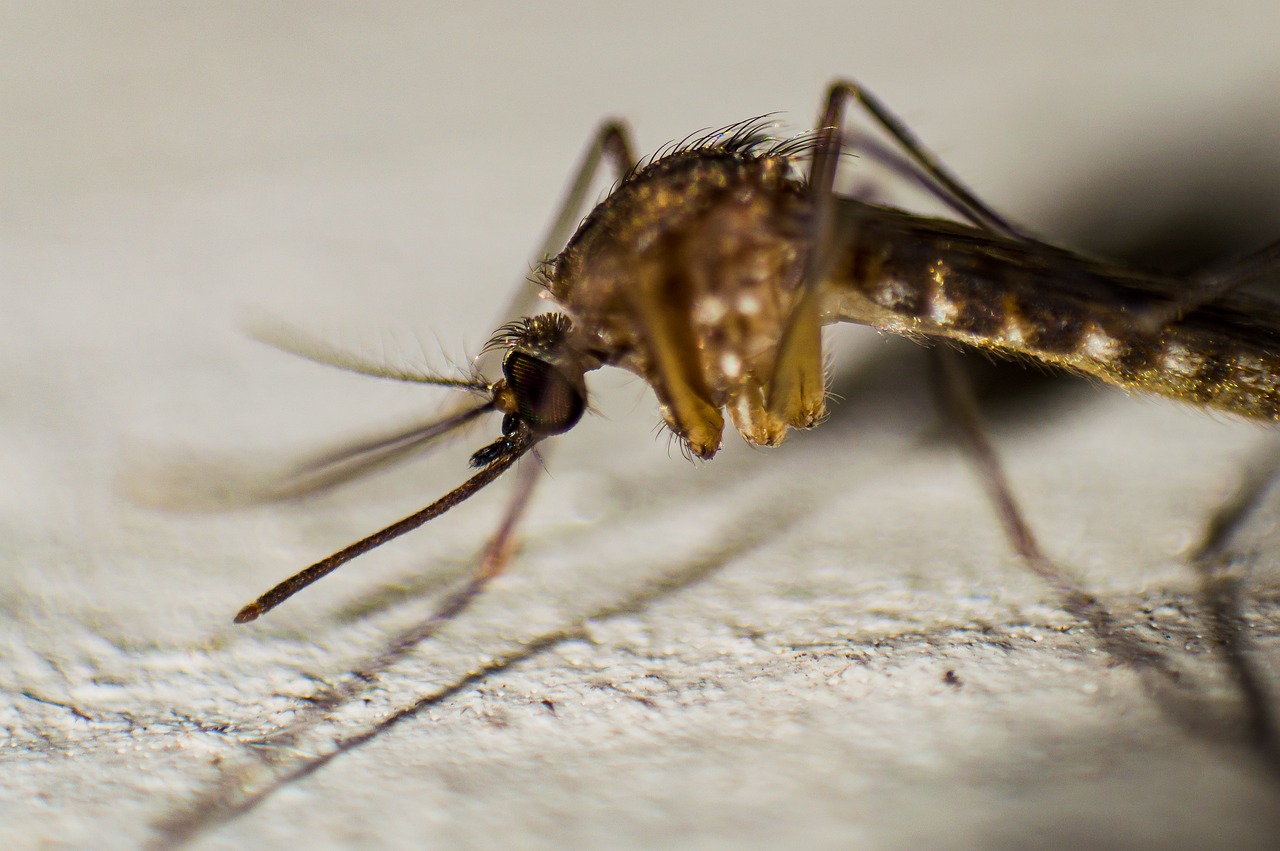An important study conducted by the Experimental Zooprophylactic Institute of Puglia and Basilicata, published on PubMed, reveals the presence of the malaria mosquito “Anopheles sacharovi” in the Apulian region after half a century. This finding has significant implications for public health, highlighting an increase in susceptibility to mosquito-borne diseases in southern areas of the country.
Malaria mosquito, entomological investigation
In September 2022, a single specimen of Anopheles maculipennis was identified in the municipality of Lecce. The specimen was later identified as Anopheles sacharovi through in-depth molecular analyses.
This discovery then catalyzed the start of aentomological investigation targeted in September 2023.
Read also:
The authors of the study warn about the risk of introduction of malaria plasmodium by travelers coming from endemic countries, highlighting the crucial need to consider this danger in the health planning.
The results obtained offer ideas for the revision and development of new models for prediction and control of the expansion of malaria. It is imperative to strengthen surveillance of Anopheles mosquito populations in order to mitigate the risk of reintroduction of the disease, especially in the southern regions of Italy.
No alarmism
The investigations were conducted with great care, focusing on animal farms, horse stables and other potential mosquito breeding sites. A targeted approach that allowed us to identify critical areas and potential foci of proliferation of Anopheles sacharovi.
The mosquitoes captured during the investigation were subjected to a rigorous qPCR test, an advanced molecular analysis method that allowed detailed data to be obtained for a thorough evaluation.
Read also:
Prof. Pier Luigi Lopalco, hygiene expert at the University of Salento, offers reassurances on the management of this situation, underlining the importance of constant surveillance of mosquitoes of the genus Anopheles.
While highlighting the need for avoid alarmism, Lopalco highlights the relevance of this finding as a warning sign on ongoing climate and environmental changes. This requires immediate adoption of concrete measures to improve surveillance and reduce the spread of these disease vectors.





